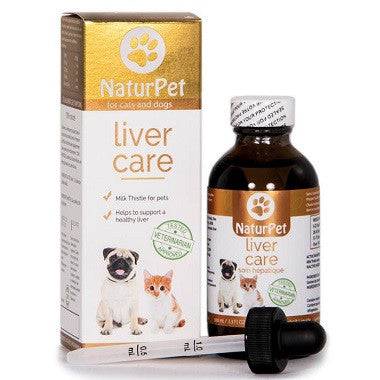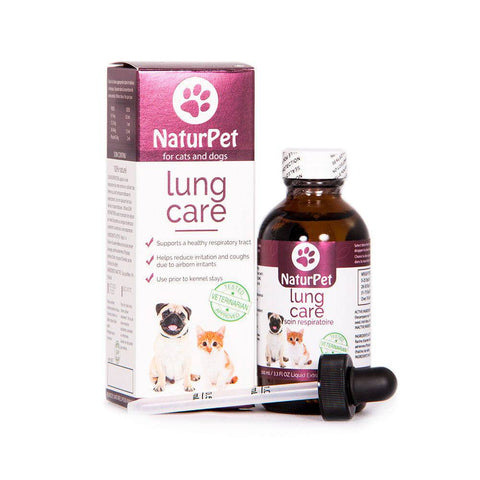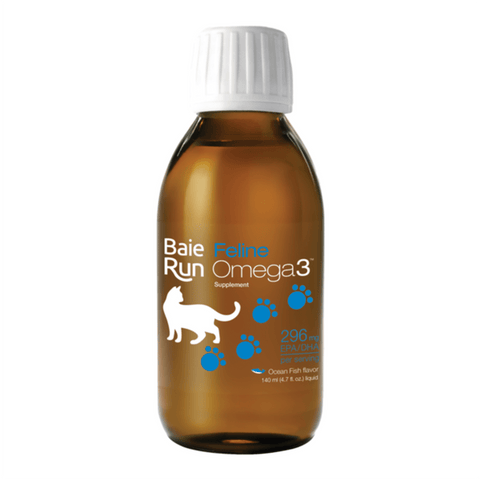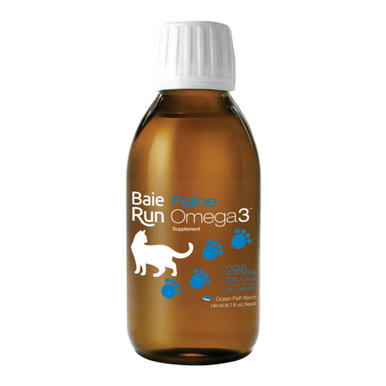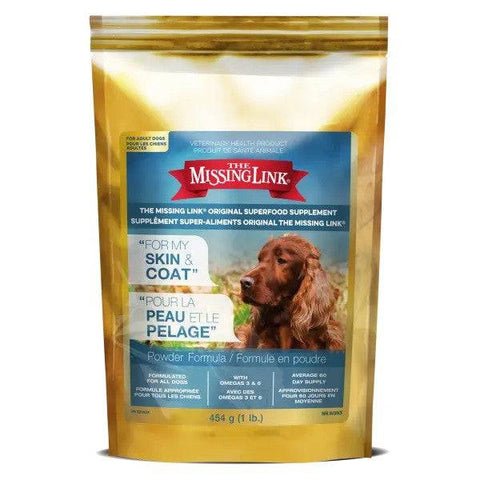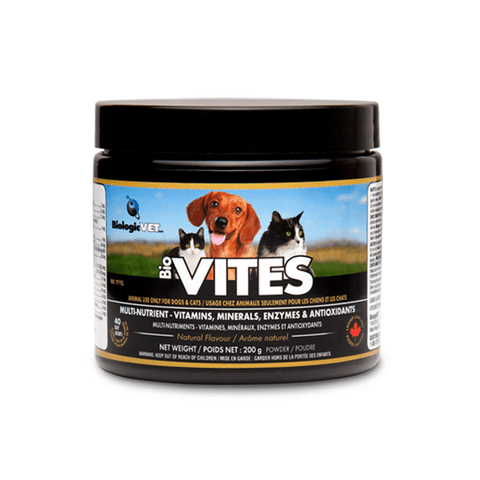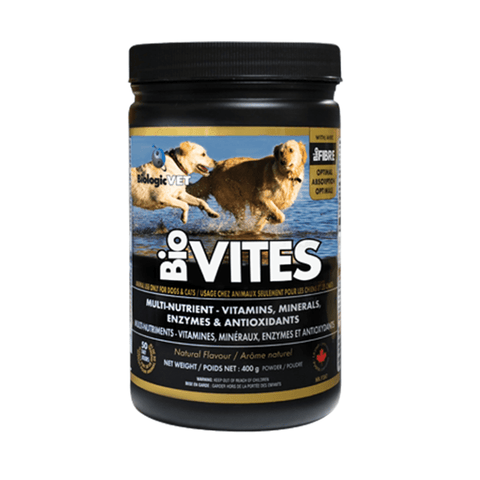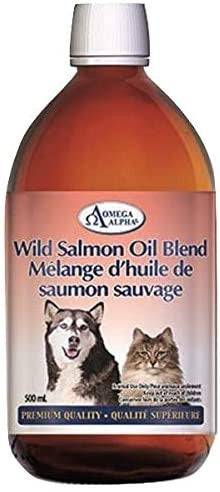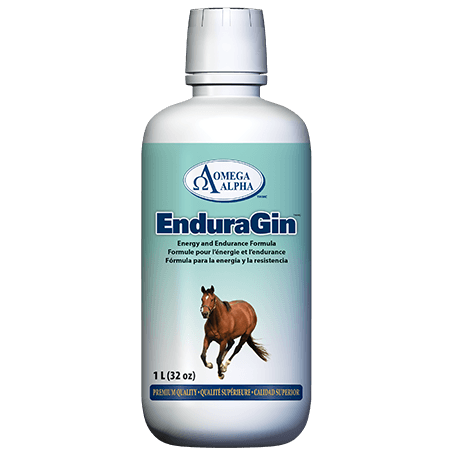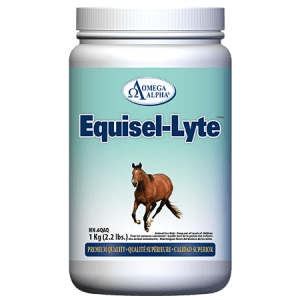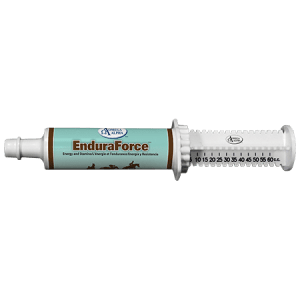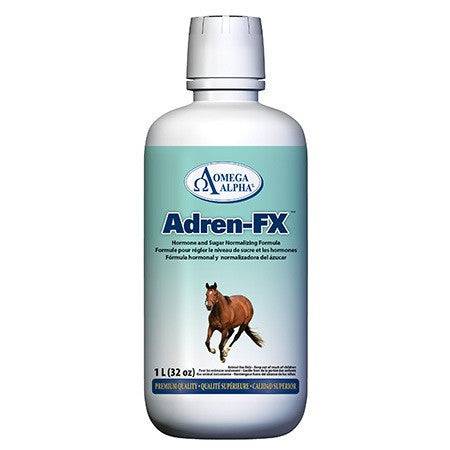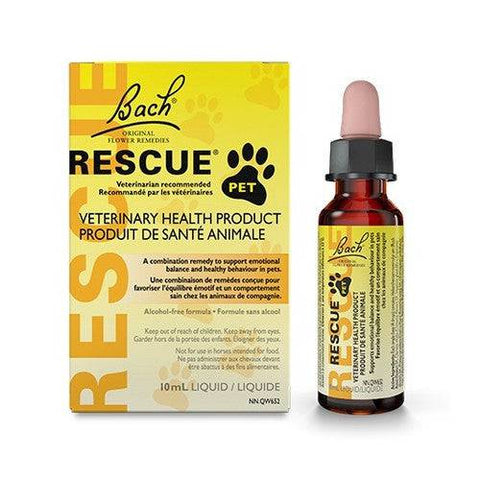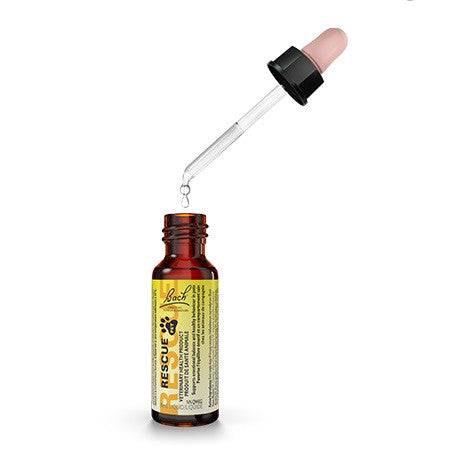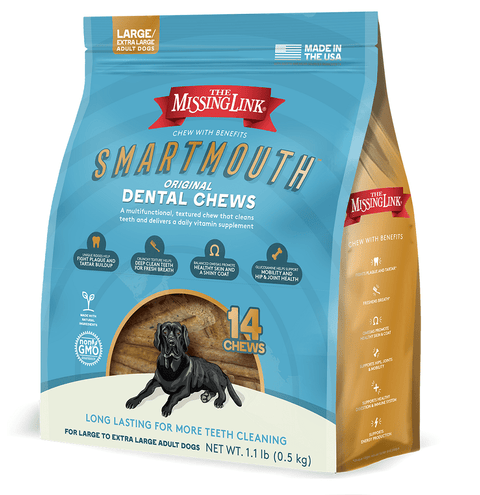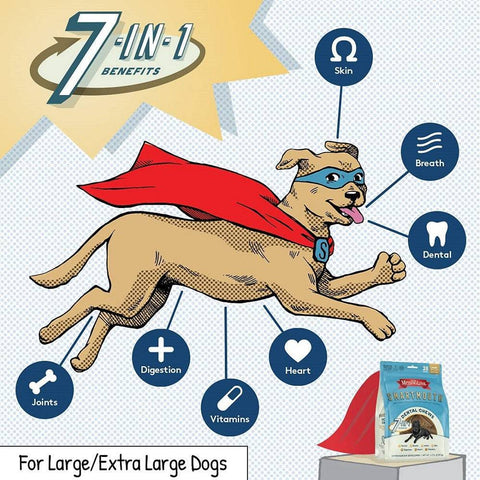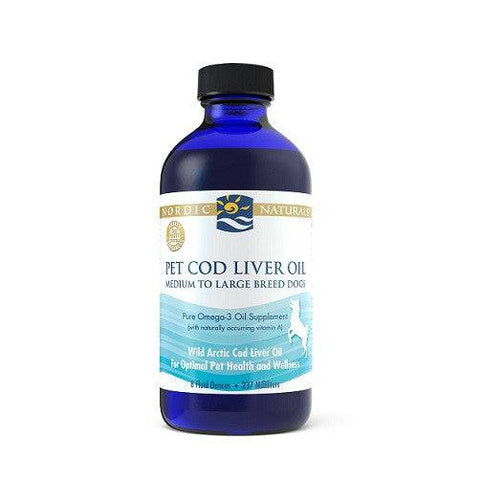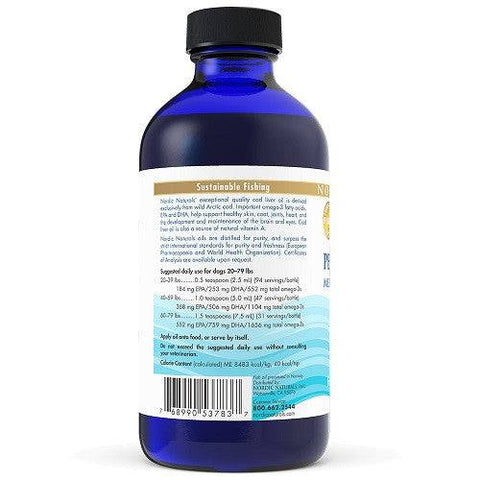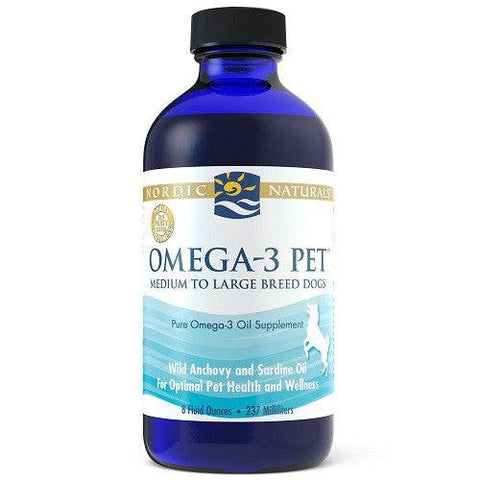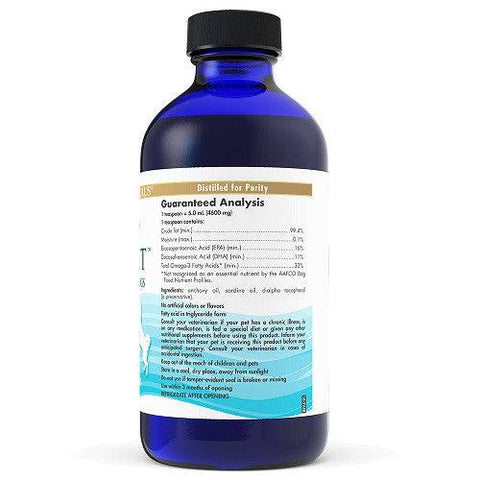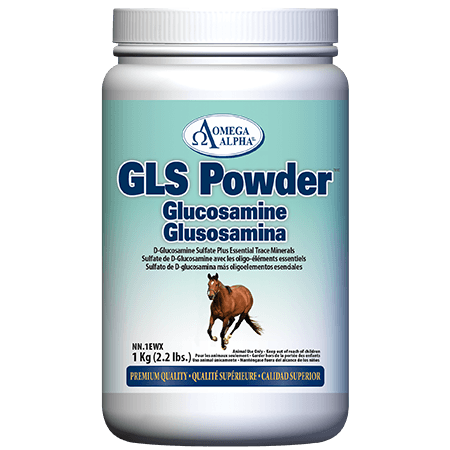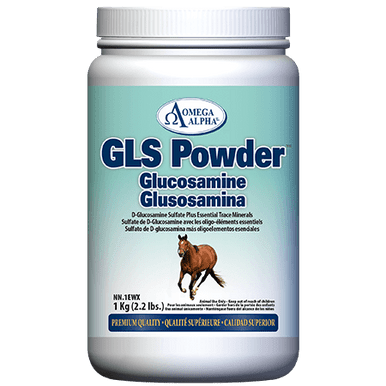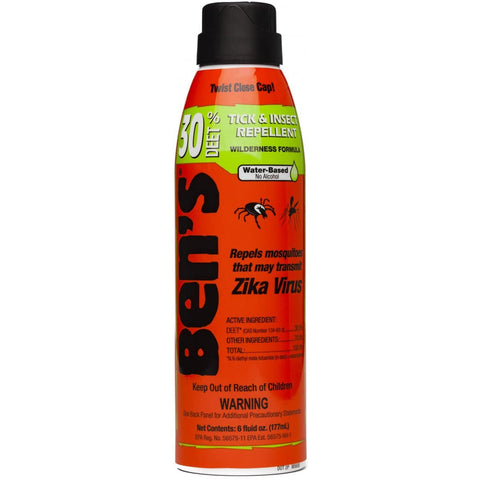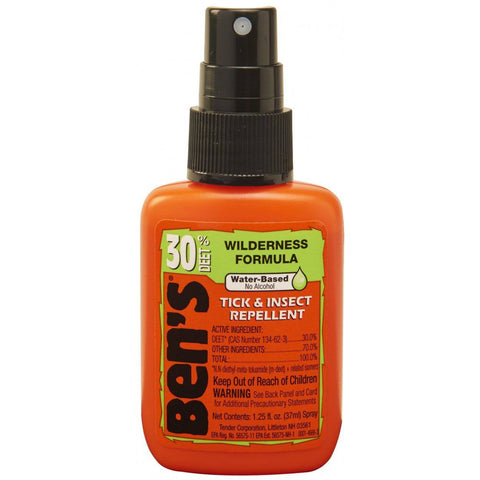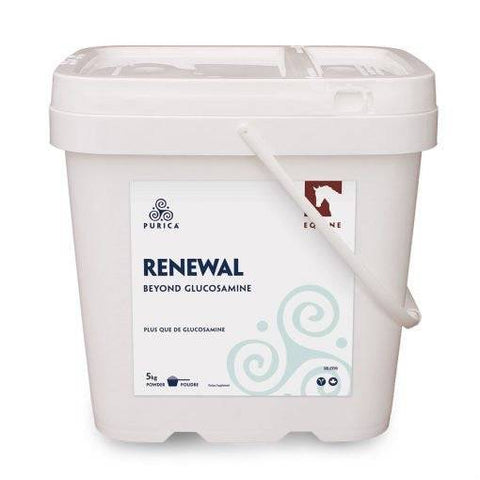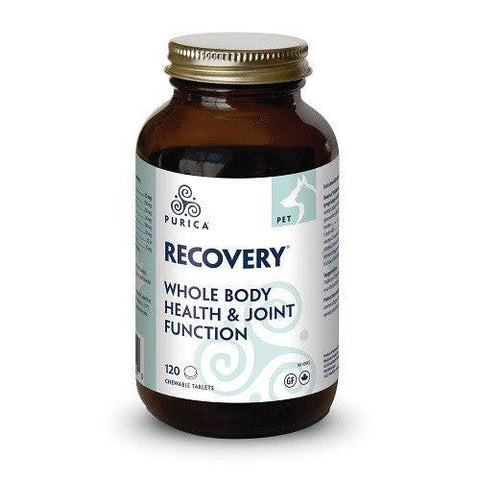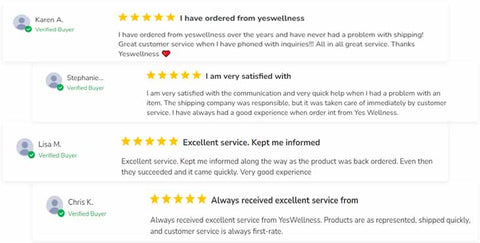Pet supplement products are designed to address a variety of health needs in companion animals, like dogs and cats. They can be a helpful addition to your pet's regular diet to provide extra nutrients or target specific health concerns.
Here's a breakdown of some common types of pet supplements and how they can benefit your furry friend:
- Digestive Support: Probiotics, digestive enzymes, and fiber can be beneficial for pets experiencing occasional digestive issues like diarrhea, constipation, or gas.
- Joint Support: Glucosamine, chondroitin, MSM (methylsulfonylmethane), and hyaluronic acid are some common ingredients in joint supplements that may help support healthy cartilage and joints, especially in older pets or those prone to joint problems.
- Coat Health: Supplements containing omega-3 fatty acids, biotin, and fish oil can promote a shiny, healthy coat and may also help with dry, itchy skin.
- Dental Care: Dental chews and treats containing enzymes or probiotics can help freshen breath and support oral health. These should not be used as a substitute for regular veterinary dental cleanings.
- Immune Support: Supplements with antioxidants, vitamins, and minerals can help support your pet's immune system, especially during times of stress or illness.
- Other Supplements: Depending on your pet's specific needs, there are various other pet supplements available, such as:
- Calming Aids for pets that struggle with anxiety or travel stress.
- Senior pet supplements formulated with specific nutrients for older animals.
- Hip and joint supplements for promoting joint health in larger breeds.
Important Considerations:
- Talk to your veterinarian: Before introducing any supplements to your pet's diet, consult your veterinarian. They can advise on the most suitable products based on your pet's age, health condition, and current diet.
- Quality and dosage: Choose high-quality pet supplements from reputable brands. Follow the recommended dosage instructions carefully to avoid any potential side effects.
- Not a replacement for a balanced diet: Pet supplements should not be seen as a replacement for a balanced and nutritious diet.
Remember:
Supplements can be a valuable addition to your pet's healthcare routine, but a healthy diet and regular veterinary care are essential for optimal pet health.


